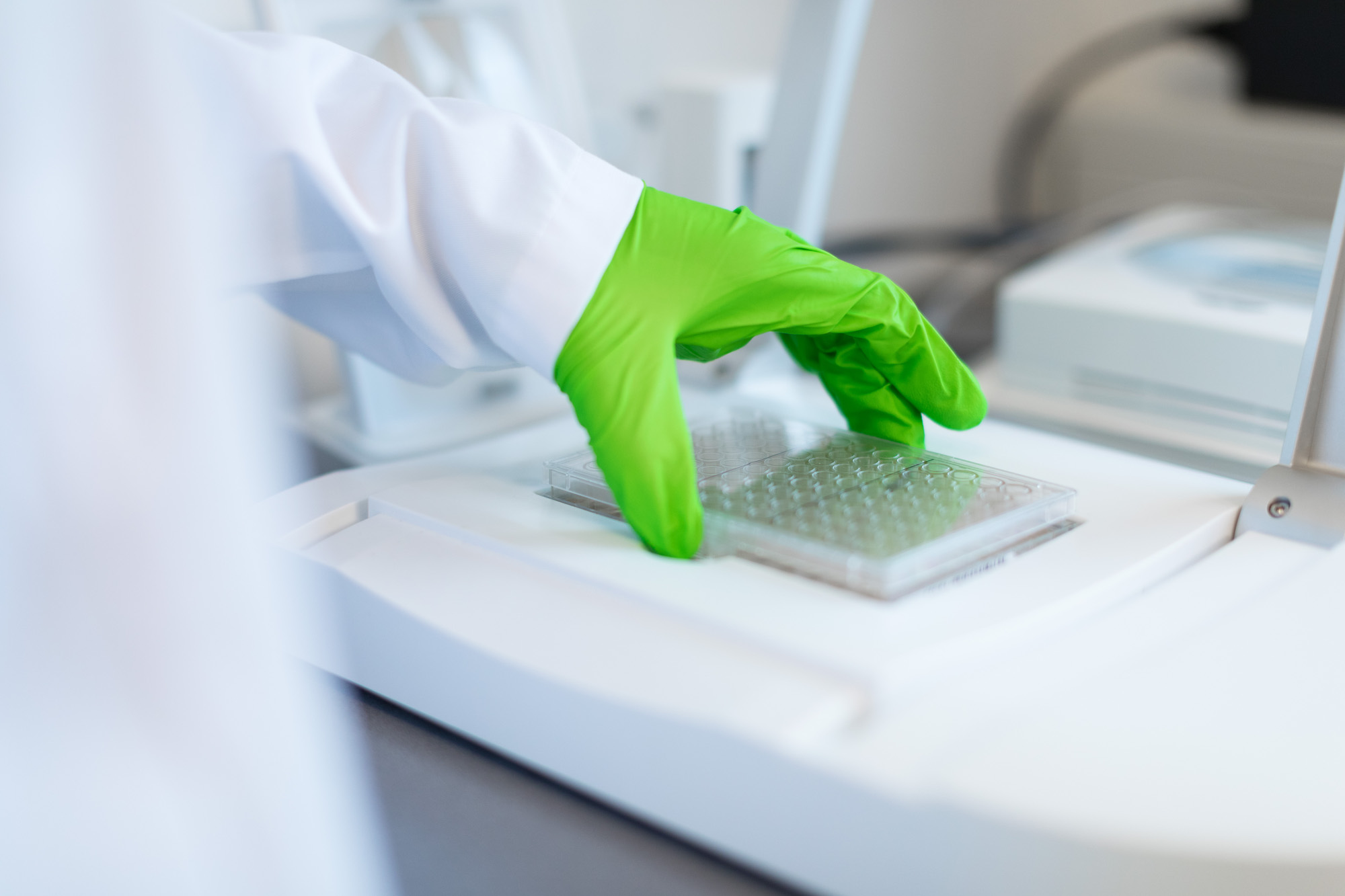After years of dedicated research, an incredible milestone has been achieved in the field of gene therapies. Sarepta Therapeutics recently received accelerated clearance from the Food and Drug Administration (FDA) for its groundbreaking treatment targeting Duchenne muscular dystrophy (DMD). This remarkable achievement not only marks the first preliminary approval of a gene therapy but also signifies a significant stride forward in the advancement of gene therapy development.
Being involved in some DMD studies as Ncardia, this is existing news and helps to substantiate that including human biology in the early stage of drug discovery helps to bring better therapies to patients faster.
FDA Approvals as Milestones: Reflecting Remarkable Progress in Gene Therapy
This achievement is a testament to the FDA's recognition of the urgent need to bring effective and safe gene therapies to the market for various rare monogenic and non-monogenic diseases. The potential of these therapies to substantially enhance the lives of patients cannot be overstated, making this a monumental step in the right direction.
Gene therapies are rapidly gaining traction as a viable treatment option for a wide range of diseases, bringing newfound hope to patients and their families. Despite being in the early stages, gene therapy shows immense growth potential, driven by advancements in delivery methods and gene-editing technologies. Looking back, the FDA's approval of a gene therapy for spinal muscular atrophy (SMA) in 2019 and the anticipated approval for Duchenne muscular dystrophy (DMD) in 2023 highlight the remarkable progress made in this field. These achievements, coupled with the continuous advancements, pave the way for groundbreaking breakthroughs in the future of gene therapy.
Bridging the Gap: iPSC Technology's Role in Advancing Gene Therapies
Yet, the success of gene therapy depends on reliable models that can effectively predict the behavior of these therapies in human patients. Unfortunately, traditional animal models often fall short in replicating the intricate cellular and molecular mechanisms of human diseases. This discrepancy between preclinical and clinical studies poses a significant challenge. However, there is hope on the horizon.
Induced pluripotent stem cell (iPSC) technology is a promising solution that bridges the gap between preclinical and clinical studies in gene therapies. iPSC-based models not only provide valuable tools to investigate disease mechanisms but also offer a relevant platform for screening gene therapies. By leveraging iPSC technology, researchers and clinicians gain confidence in making complex decisions, such as selecting delivery systems and assessing safety and efficacy. This streamlined approach reduces the divide between preclinical and clinical studies, saving valuable time and resources.
Collaboration for Progress: Ncardia's Contribution to Gene Therapy Development
Collaborative efforts between organizations like Ncardia and gene therapy developers are crucial in driving therapy development forward. These partnerships facilitate the creation of disease models suitable for high-throughput screenings, accelerating the research process. For example, Ncardia employs human iPSC-derived cardiomyocytes and a multitude of molecular and functional readouts, such as Micro Electrode Assay, high-content imaging, and qPCR, to optimize transduction efficiencies and validate the effectiveness of various AAV vectors for their clients. By harnessing these advanced tools and techniques, Ncardia plays a significant role in accelerating the go-to-market process of cutting-edge gene therapies, contributing to their development and transformative potential.
Conclusion
In conclusion, the use of iPSCs in drug discovery offers numerous benefits, including more accurate representation of human biology, potential for personalized medicine, and regulatory support from the FDA. As therapeutic developers continues to move away from animal testing, iPSCs are becoming an increasingly important tool in the drug discovery pipeline and Ncardia can help you making the switch.
Contact with Ncardia to explore iPSC-based solutions for your projects.
Please also read what we have shared earlier related to the topics and issues discussed in this article:
- https://www.ncardia.com/insights/resources/ipsc-for-gene-therapy
- https://www.ncardia.com/insights/resources/expert-insights-unlocking-next-generation-gene-therapies
- https://www.ncardia.com/insights/resources/whitepaper-transforming-gene-therapy
- https://www.ncardia.com/insights/webinars/how-induced-pluripotent-stem-cells

